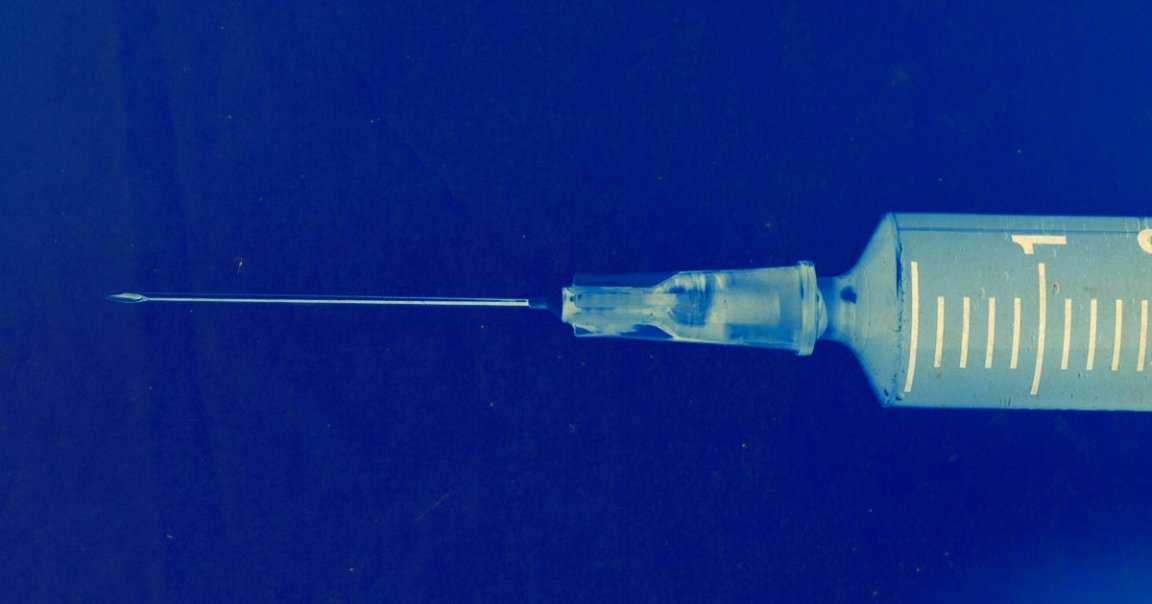
To buy more time to develop a COVID-19 vaccine, U.K. researchers are testing out a tuberculosis vaccine from 1921 to see if it shields patients against the coronavirus.
The University of Exeter experiment, called BRACE, was inspired by data suggesting that the tuberculosis vaccine BCG provides a generalized boost to the immune system rather than merely targeting tuberculosis itself, BBC News reports. As the name suggests, BRACE only aims to provide a short-term solution, protecting more people from COVID-19 infections until a more permanent, specific vaccine can be distributed.
“Whilst we don’t think [the protection] will be specific to COVID,” John Campbell, BRACE principal investigator and University of Exeter Medical School professor, told the BBC, “it has the potential to buy several years of time for the COVID vaccines to come through and perhaps other treatments to be developed.”
This isn’t the first time that doctors have used BCG to inoculate against diseases other than tuberculosis. According to correspondence by World Health Organization Director-General Dr. Tedros Adhanom Ghebreyesus, published in the academic journal The Lancet in April, the vaccine cut newborn deaths in Guinea-Bissau by 38 percent by preventing cases of pneumonia and sepsis. BCG also reduced respiratory infections in South Africa by 73 percent, and even helped fight yellow fever in the Netherlands.
“This would be an important tool in the response to Covid-19 and future pandemics,” Ghebreyesus wrote in the article.